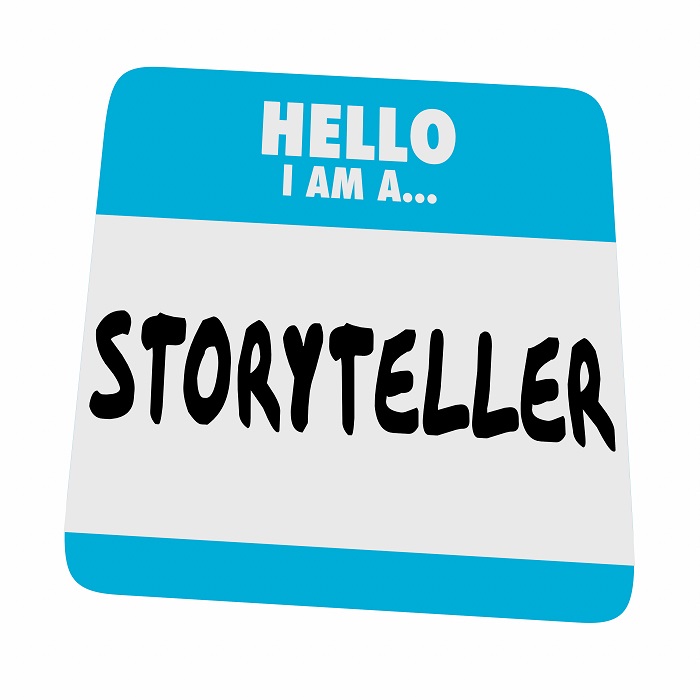#FutureForward: Enjoy boredom & tone down the crazy
In our #FutureForward series we ask members of our ruckus family to share their insights into what two skills they think will still be relevant in public relations, communications, marketing and digital in 30 years.
Diane Bégin , VP of integrated communications at APEX Public Relations/ ruckus Digital, discusses how boredom can be a blessing for a creative mind and why it might be time to cut down on distractions in the workplace.
The pace of our work in communications seems to accelerate as each year goes by, so when asked what skills will be needed in our profession decades from now, a couple things came to mind.
Both skills revolve around minimizing the ‘so busy’ badge of honour some proclaim – by learning to integrate boredom in your life and toning down the crazy around you.
Add boredom to your skillset
One of the greatest skills I’ve come to admire in my career is when people know how to disconnect, be bored and do nothing.
Surprisingly very few people seem to be able to, instead filling their time with Netflix, meditation, a book or going online to consume more content – anything else than being bored.
The thing is the less time you take to disconnect and do nothing, the less creative capacity you have. And, working in a creative field like communications, that becomes a career-limiting move.
A recent New York Times article said the Dutch call doing nothing ‘niksen.’
Niksen makes us “more creative, better at problem-solving, [and] better at coming up with creative ideas.” It also helps you refuel your lost energy.
The challenge however in our culture is finding the time to be bored. It’s something you have to proactively fit in (and the New York Times article offers five tips to help you with just that).
Surround yourself with anti-crazy
There seems to be no shortage of new distractions to add to our daily work lives – including adding productivity tools like Slack or Basecamp, which some say add to the noise rather than helping it.
Ironically one of my favourite recent reads was written by the founders of Basecamp – Jason Fried and David Heinemeier Hansson – appropriately titled It Doesn’t Have To Be Crazy At Work.
Basecamp is an example of a small business with an international success story. Through their journey its founders learned to navigate away from the ‘crazy’ of a start-up lifestyle by bucking the expected.
While not everyone aspires to be the founder of a tech start-up, the book itself offers all kinds of tips that anyone can act on like knowing that three people is actually the sweet spot for efficiently running group projects and not creating dreadlines (i.e. unrealistic deadlines not fixed to anything realistic nor purpose driven) to help you win at work.
Diane Bégin is the VP of integrated communications at APEX Public Relations/ruckus Digital. Need help with your social media approach? Drop us a line.


